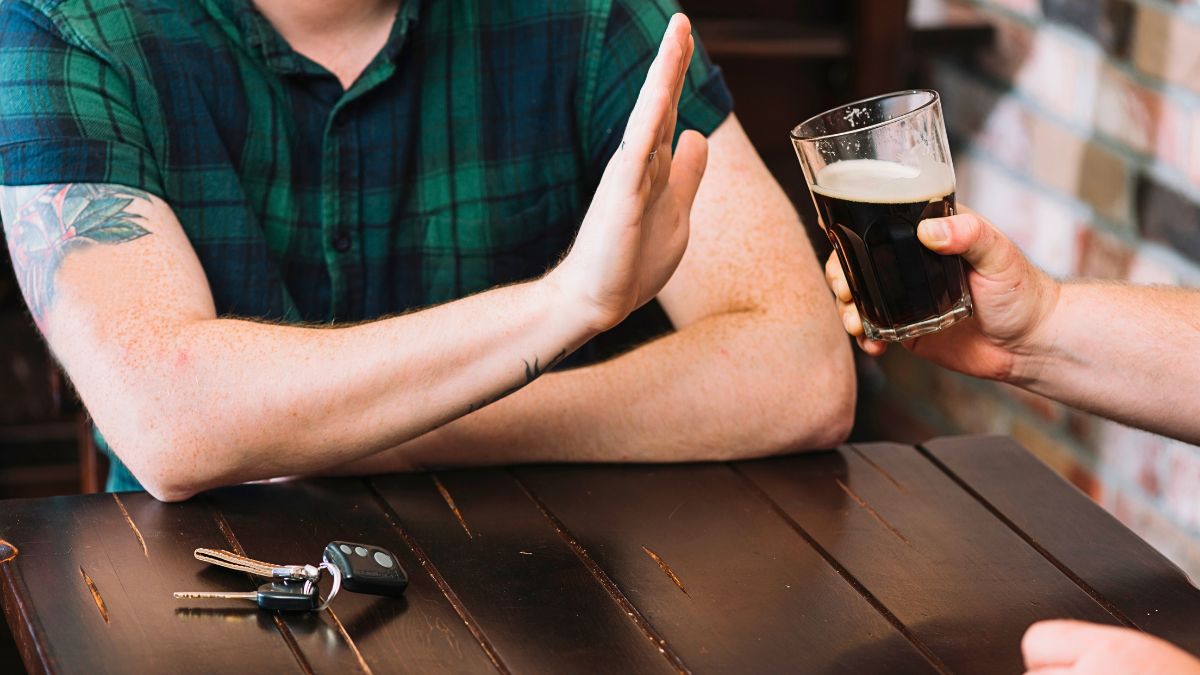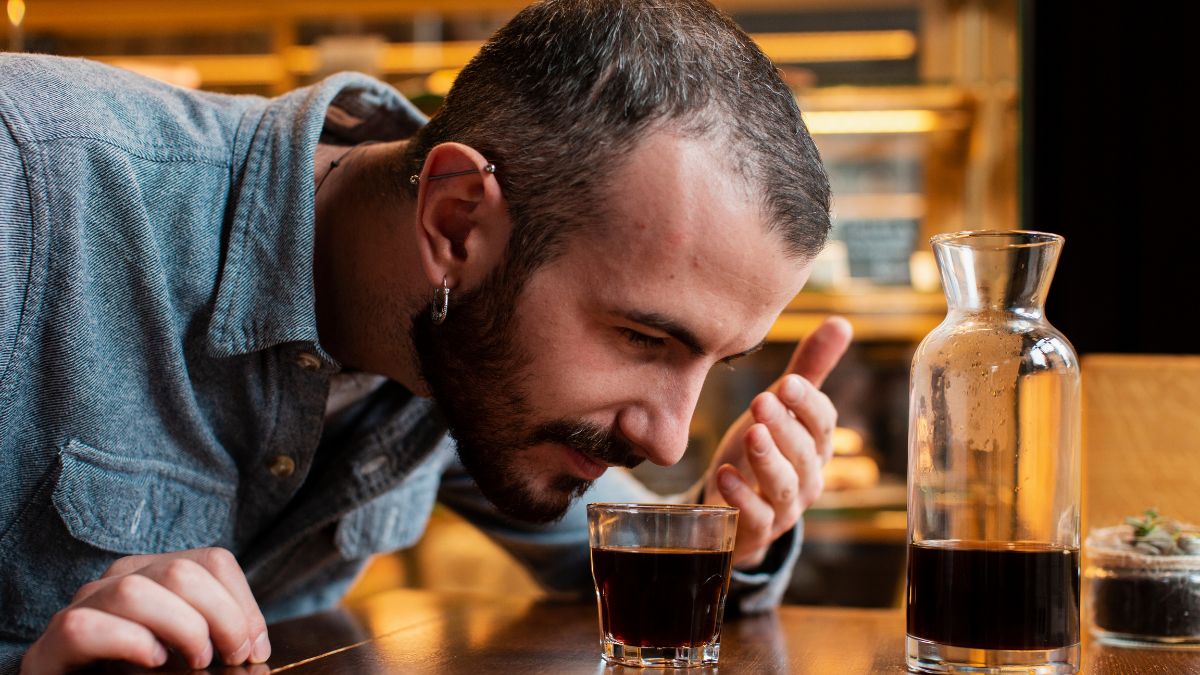When it comes to staying sober for the long haul, willpower alone isn’t always enough. That’s where mindfulness and meditation come in. These practices don’t just help you feel calmer—they can actually reshape how your brain reacts to stress, cravings, and old habits. Whether you’re in recovery yourself or supporting someone who is, knowing how meditation and mindfulness work can be a game-changer.
Let’s look into how these tools help build mental clarity, emotional resilience, and a deeper connection to the present—all of which are key to staying clean and sober.
Mindfulness
Mindfulness means paying attention to the present moment without judgment. It’s about noticing your thoughts and feelings without getting swept away by them.
In addiction recovery, this skill is priceless. Why? Because addiction often thrives on autopilot—those unconscious routines and reactions that send you reaching for a drink or a substance when stress hits.
Practicing mindfulness helps interrupt that cycle. Instead of reacting impulsively, you learn to pause, notice the craving, and let it pass without acting on it.
A simple daily practice: Spend five minutes focusing on your breath. Notice the inhale, the exhale. When your mind wanders (and it will), gently bring it back to the breath. No pressure, no judgment.
Meditation
Meditation is the structured practice that helps build your mindfulness muscle. It comes in many forms—guided sessions, breath awareness, body scans, mantra repetition—but the goal is always the same: to train your mind to focus and stay grounded.
For people in recovery, meditation offers a safe, quiet space to process emotions, reduce anxiety, and build a new sense of inner stability. Regular meditation can help lower cortisol levels, improve sleep, and even rewire parts of the brain related to impulse control and decision-making.
Try this: Sit quietly for 10 minutes. Focus on your breath or a calming phrase like “I am safe.” When thoughts come up (and they will), observe them and let them go—like clouds drifting across the sky.
Cravings
One of the biggest challenges in sobriety is dealing with cravings. They can feel overwhelming and urgent, like they’re controlling your every thought. But mindfulness teaches you to treat cravings like any other passing thought.
Mindfulness-based relapse prevention (MBRP), a therapy combining cognitive-behavioral techniques with meditation, has been shown to help people manage cravings more effectively. Instead of pushing the craving away or giving into it, you sit with it, observe it, and realize that it’s temporary.
The idea is simple but powerful: just because you have a craving doesn’t mean you have to act on it.
Emotions
Recovery can bring up a lot of emotions—guilt, shame, anger, grief. Meditation and mindfulness offer a safe way to sit with those feelings without letting them take over.
Think of it like turning on a light in a dark room. You might not like what you see at first, but it helps you understand what you’re dealing with. Over time, that emotional awareness builds confidence and helps prevent emotional triggers from leading to relapse.
Daily
Building a mindfulness or meditation habit doesn’t mean sitting for hours on a cushion. In fact, the best way to make it stick is to keep it simple and consistent.
Here’s a sample daily routine:
| Time of Day | Practice | Duration |
|---|---|---|
| Morning | 5-minute breath work | 5 min |
| Midday | Body scan meditation | 10 min |
| Evening | Gratitude journaling | 5 min |
Even just 10–15 minutes a day can make a huge difference over time.
Benefits
So, what can you expect if you stick with it?
- Better focus and self-control
- Less anxiety and mood swings
- Reduced cravings and urges
- Deeper emotional awareness
- More restful sleep
- A stronger sense of purpose
Mindfulness gives you space between feeling and reacting. And in recovery, that space is everything.
Support
Don’t try to go it alone. Many support groups now include mindfulness practices in their meetings. Apps like Headspace, Insight Timer, and Calm also offer guided meditations specifically for addiction recovery.
Some rehab centers and outpatient programs even offer mindfulness-based recovery plans. The tools are out there—you just need to reach for them.
Long-term sobriety isn’t about white-knuckling your way through life. It’s about building a foundation of mental strength, emotional balance, and self-compassion. Meditation and mindfulness help create that foundation. They won’t solve every problem—but they can make it easier to face those problems without turning to old habits.
FAQs
What’s the difference between mindfulness and meditation?
Mindfulness is awareness of the present moment; meditation is the practice that builds it.
How long should I meditate in recovery?
Start with 5–10 minutes daily and increase as it becomes a habit.
Can meditation really reduce cravings?
Yes, it helps you observe and release cravings without reacting to them.
Are there apps for mindful recovery?
Yes, apps like Calm, Headspace, and Insight Timer offer recovery meditations.
Do I need to be spiritual to practice mindfulness?
No. Mindfulness is secular and focuses on mental clarity and presence.










